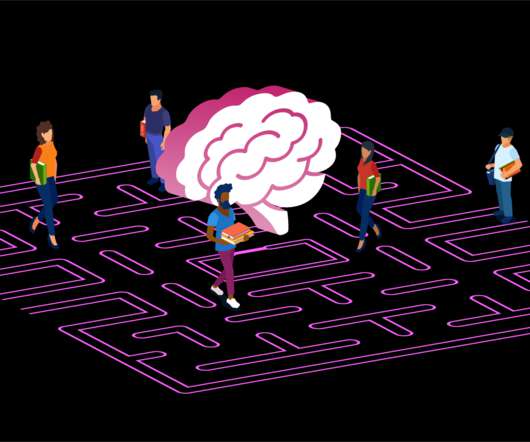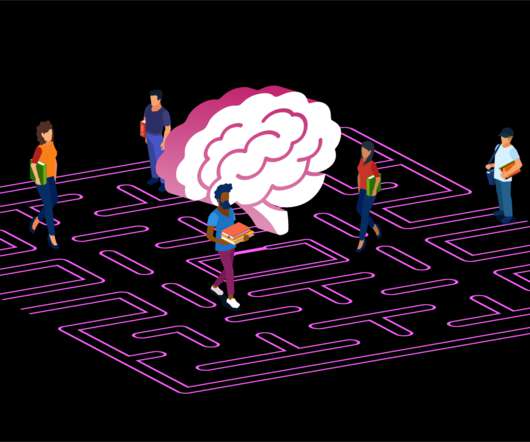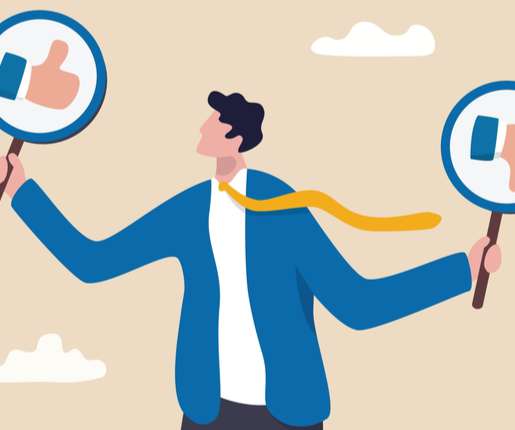eLearning Gamification: How to Implement Gamification in Your Learning Strategy
eLearningMind
AUGUST 29, 2021
At ELM, we know that gamification training, when backed by an understanding of brain science , can be a powerful tool for inspiring learners to challenge themselves. At the heart of gamification is dopamine, which controls the pleasure center of our brains and affects our mood, memory, and thinking process. Cognitive Relief.





















Let's personalize your content